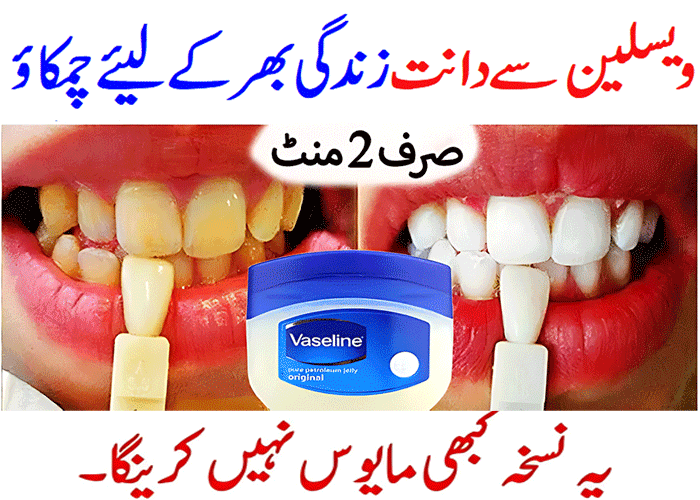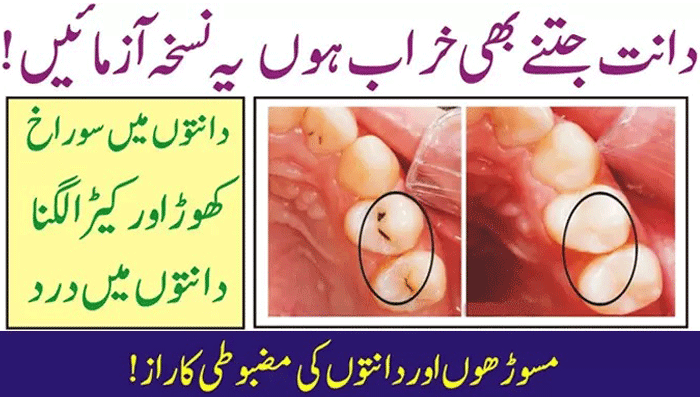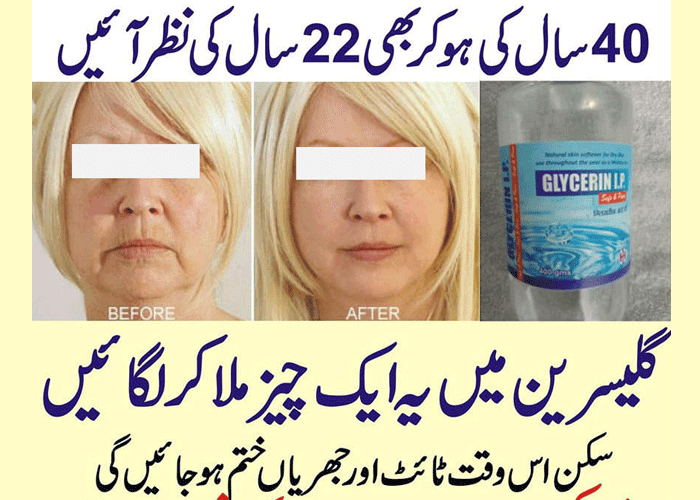
Teeth Cleaning: A dazzling smile is a radiant accessory that can light up any room. But sometimes, pesky yellowing and stains can cast a shadow over our pearly whites. Fear not, fellow grin warriors! Understanding the culprits behind tooth discoloration and exploring some handy home remedies can empower you to reclaim your radiant smile.
Teeth Cleaning Home Remedy (Urdu)
Why Do My Teeth Turn Yellow?
The enamel, our teeth’s protective shield, is naturally semi-translucent. Beneath it lies the dentin, a yellowish layer that becomes more visible as the enamel thins with age or wears due to factors like:
Diet: Coffee, tea, red wine, and dark-colored berries are notorious stainers, while acidic foods and sugary drinks can erode enamel, making dentin more prominent.
Habits: Smoking and chewing tobacco leave behind a nasty film that yellows teeth.
Medications: Certain antibiotics and antihistamines can have tooth discoloration as a side effect.
Genetics: Some people are naturally predisposed to thinner enamel or dentin with a more yellow hue.
Trauma: Injuries or dental procedures can affect tooth color.
Teeth Whitening Home Remedies
Brushing twice daily with fluoride toothpaste, flossing regularly, and limiting stain-causing foods and beverages go a long way in keeping your smile sparkling. Now, let’s explore some natural teeth-whitening allies you might already have in your pantry:
1. Baking Soda Bonanza: This common household ingredient is a gentle abrasive that helps buff away surface stains. Mix a teaspoon of baking soda with your regular toothpaste for a DIY whitening paste. However, be gentle, as overusing baking soda can erode enamel.
2. Banana Peel Power: Don’t toss those banana peels just yet! The potassium and magnesium in the inner peel can help naturally whiten teeth. Rub the peel on your teeth for a few minutes, twice a day, for a gentle brightening effect.
3. Strawberry Savior: Strawberries contain malic acid, a natural bleaching agent. Mash a few strawberries and apply the paste to your teeth for 5-10 minutes before rinsing. Remember, strawberries are acidic, so use this remedy sparingly.
4. Salty Scrub: Mix equal parts salt and baking soda to create a DIY teeth-whitening scrub. Massage gently onto your teeth for a minute before rinsing. This is a more abrasive option, so use it with caution and avoid sensitive areas.
5. Oily Allies: Coconut oil pulling, an ancient Ayurvedic practice, involves swishing a tablespoon of coconut oil in your mouth for 15-20 minutes to remove bacteria and plaque. While the science behind its whitening effect is still being studied, some people swear by it.
Consult your dentist: If you have concerns about severe discoloration or underlying dental issues, always seek professional advice.
Some Lifestyle Tips
Beyond the Remedies: A Holistic Approach to a Radiant Smile
A bright smile is more than just pearly whites; it’s a reflection of overall well-being. Here are some additional tips to keep your smile shining:
Stay hydrated: Water helps flush away food particles and keeps your mouth healthy.
Eat crunchy fruits and vegetables: These act as natural toothbrushes, aiding in plaque removal.
Limit sugary treats: Sugar feeds cavity-causing bacteria, dulling your smile.
Manage stress: Stress can contribute to poor oral hygiene habits. Find healthy ways to unwind and de-stress.
With a little knowledge, some handy home remedies, and a commitment to good oral hygiene, you can conquer tooth stains and unleash the radiant smile you deserve. So, go forth, smile brightly, and let your sunshine self shine through!
FAQs about Teeth Whitening
1. Can brushing with charcoal really whiten teeth?
Charcoal has become a trendy teeth-whitening agent, but the hype may not match reality. While its abrasive nature can remove surface stains, its effectiveness is limited and can potentially damage enamel with overuse. Opt for gentler methods like baking soda or strawberries for safer whitening.
2. Are teeth whitening strips safe?
Over-the-counter whitening strips offer a convenient option, but they’re not for everyone. The hydrogen peroxide concentration can cause sensitivity in some and irritate gums. Consult your dentist or doctor before using strips, especially if you have sensitive teeth or pre-existing oral conditions.
3. How does using mouthwash affect teeth whitening?
Some mouthwashes contain fluoride, which strengthens enamel and protects against stains. However, some antiseptic mouthwashes can temporarily stain teeth. Choose a fluoride-containing mouthwash and avoid those with dyes or harsh chemicals to maintain your whitening progress.
4. Will oil pulling damage my teeth?
While coconut oil pulling is generally safe, its abrasive nature can wear down enamel if used improperly. Focus on gentle swishing and avoid vigorous scrubbing. Additionally, some studies suggest limited whitening benefits compared to other methods.
5. Can I whiten my teeth during pregnancy or breastfeeding?
Due to limited research and potential risks to the developing baby, it’s best to avoid teeth whitening during pregnancy and breastfeeding. Consult your doctor or dentist for safer alternatives to maintain oral hygiene and a bright smile.
6. How can I prevent new stains after whitening my teeth?
Maintain good oral hygiene habits like regular brushing and flossing, and limit stain-causing foods and beverages. Drinking through a straw can also minimize contact with your teeth. Additionally, consider touch-up treatments with whitening strips or toothpaste to maintain brighter results.
7. Are there any natural supplements that can help whiten teeth?
Some claim fruits like oranges and pineapples with vitamin C can whiten teeth due to their acidity. However, the evidence is inconclusive and the acidity can erode enamel. Focus on a balanced diet with fruits and vegetables that promote overall oral health without directly impacting whitening.






